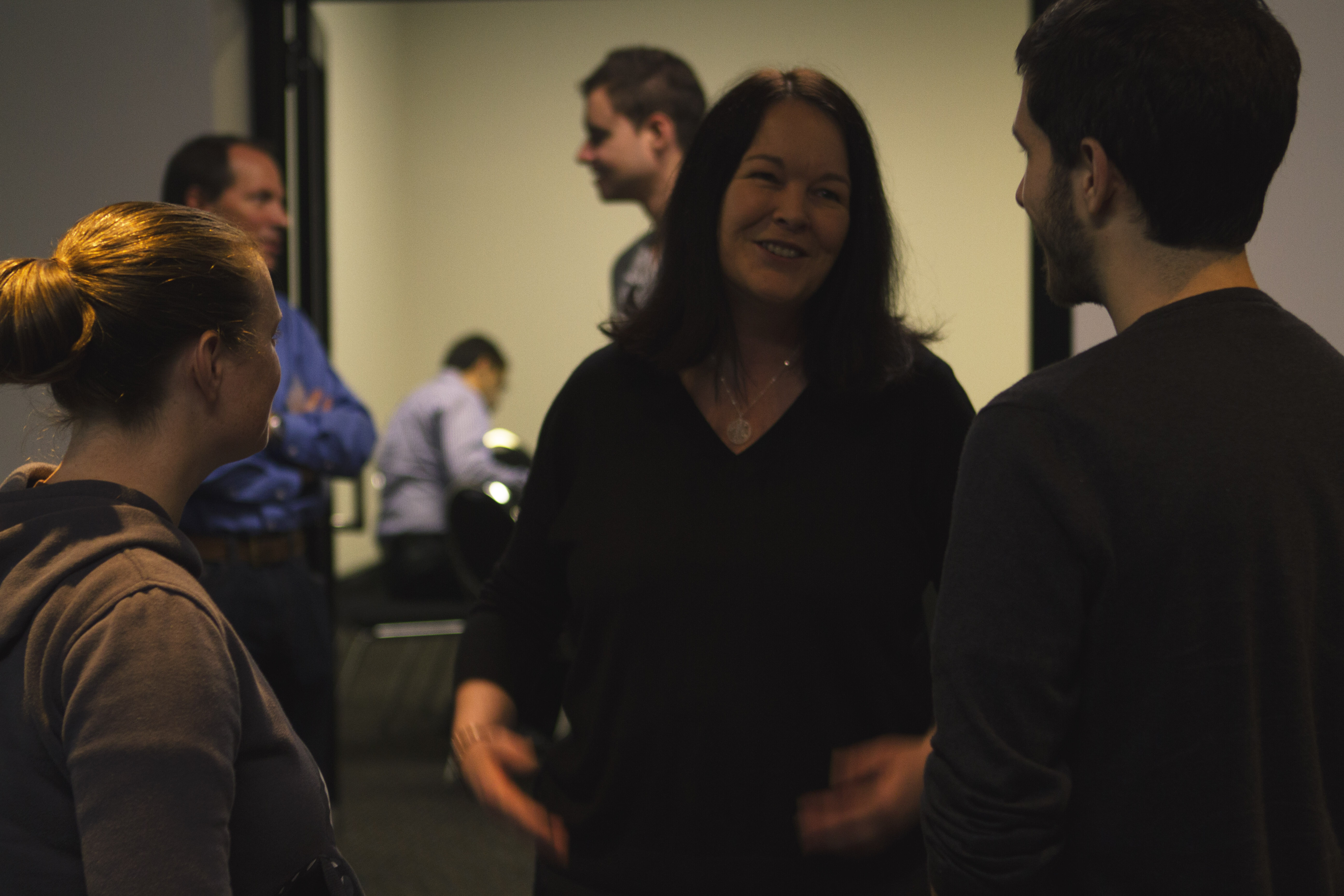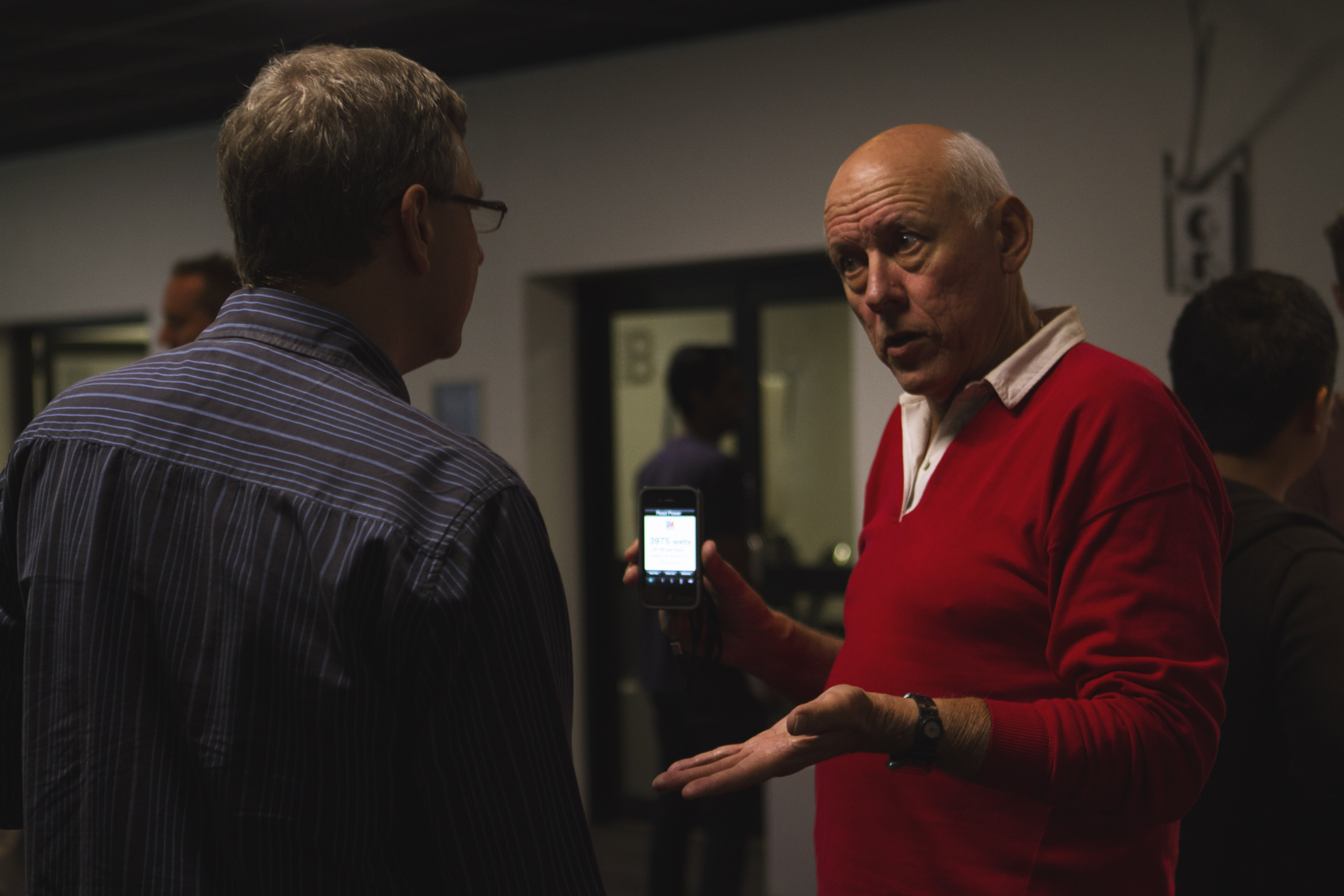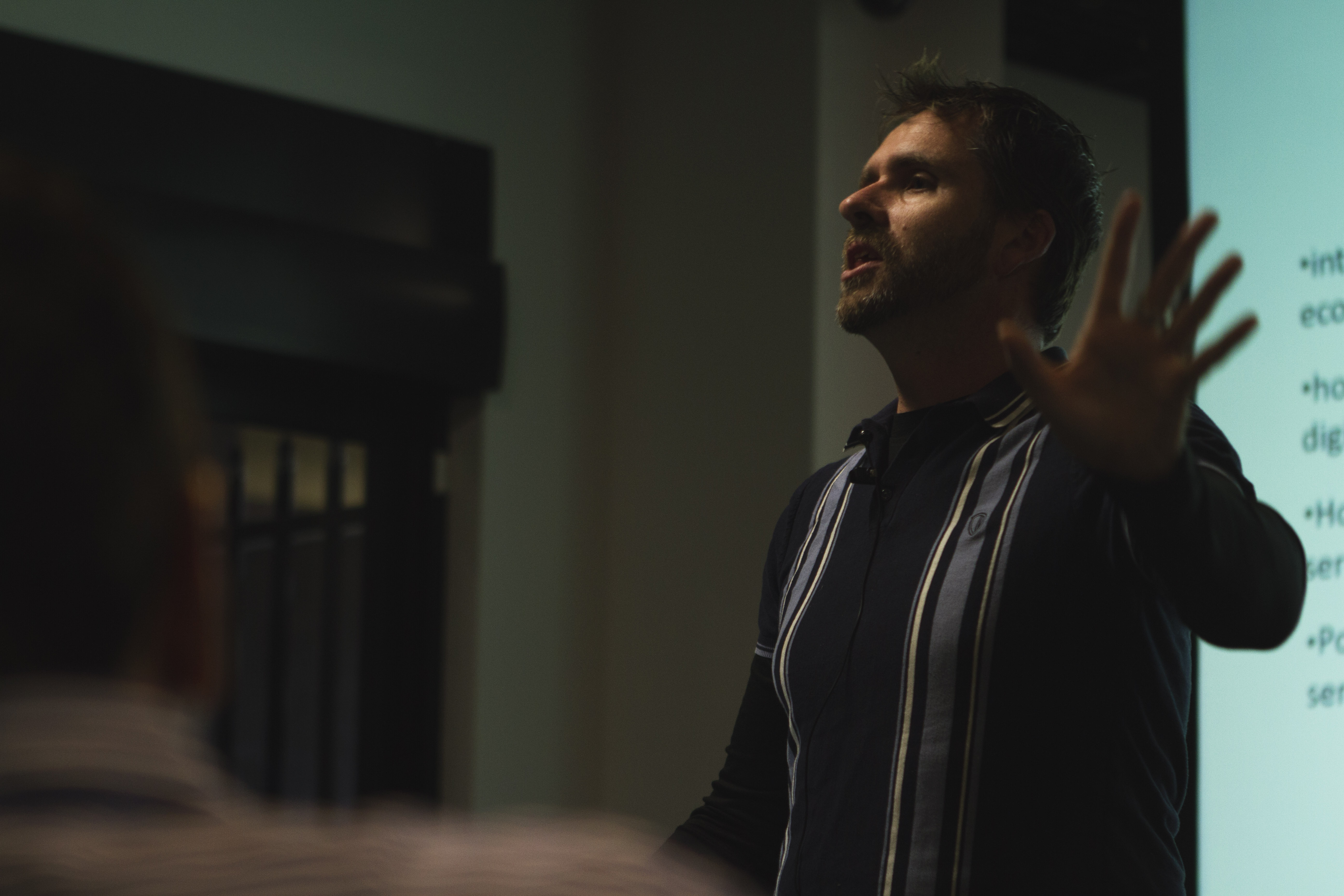For many of us, a ‘good hack’ might seem like a foreign and almost illegal concept. Some may even find the subject a little bit dirty.
We are tackling this misconception head-on through our new Apps4Broadband competition, aimed at helping Australians better understand what is possible through the smart use of broadband. It also hopes to help accelerate the ability of Australian developers to realise these new business opportunities and connect with service providers, technology partners and end users to build game-changing apps.
As part of the competition we are running two ‘Hack Days’. These are a fun and practical way for developers and other people interested in participating in the competition to come along, work on their projects, find other potential collaborators, meet with industry experts and advisers, and present their ideas and prototypes at the end of the day over drinks.
We recently spoke with the host of our Hack Days, John Allsopp (the organiser of the influential web directions and Code conferences), to try and de-code what this hacking business is all about and find out if it really is dirty business.
What is a hack day and how do you run them?
Hack days are about bringing together people to hack on things. Whether they’re designers, developers, domain experts, whatever their expertise. The idea is to get people to explore problems, and possible solutions. For example, GovHack focusses on working with government data, or providing services and applications that help citizens better interact with governments. Random Hacks of Kindness brings together people to work on solving problems to make the world a better place. Many hack events, including these, are about getting a working prototype or demo of a solution up and running in a few hours. The Apps4Broadband event is more open ended as it looks to help people explore ideas and opportunities they may then further develop over time.
John Allsopp at the Sydney ACBI Apps4Broadband Hack Event
Is hacking really a dirty word?
The popular understanding of hacking certainly is more negative than positive. It is often something associated with illegal or anti-social behaviour such as hacking into banking systems, and other networks. In the developer world, the term has been used in a positive way since the 1960s, (the term “crackers” is sometimes used by this community refer to what in popular terms are called “hackers”.)
Perhaps the earliest definition of hacker in this sense come from a legendary compendium of developer terminology known as the Jargon File (and otherwise known as the Hackers Dictionary). Here, a hacker is one “who enjoys exploring the details of programmable systems and stretching their capabilities, as opposed to most users, who prefer to learn only the minimum necessary”.
Among developers, hacking, hackers and hacks are far from negative things.

Why is failing an important part of hacking?
Traditional, more enterprise oriented IT projects are what I call the “fail slowly” approach. Requirements are gathered, specifications are put together, development takes place, then testing, then deployment. And it’s often only at the end of the project that we find out whether the project was a good idea. Of course, this is the right model for many types of projects. But in less well defined fields, exploring the problem space, developing some possible solutions and then quickly testing them can be a very powerful way to come up with possible solutions. Does the technology to achieve this actually exist? What existing products and services already address this issue? Is there a viable business model? What pathways to market might there be for this?
All this is about asking questions in order to knock down ideas, rather than taking forward ideas that really should be dismissed as unfeasible for all kinds of possible reasons.
On a hack day, you might generate several possible ideas, and dismiss most, before taking one forward, and this “fail fast” approach is an important part of this winnowing process.

Do you believe next generation broadband networks will drive innovation in app development?
The glib answer I tend to give is “I don’t know”. But in truth, predicting the future, even a short way out (ask any economist) is basically impossible. The future of the 1950s and 1960s, as exemplified by the Jetsons was all about flying cars, immersive video conferencing, and yet an essentially unchanged social structure.
In the 1950s, futurists imagined a world of holidays in space, and colonies on mars and the moon, but not a globally connected network enabling anyone to connect to anyone else in real time for almost no cost.
If I were to try to make a case beyond “the future will be great with broadband, just wait!” it would be about identifying that on a world where increasingly more things are digital, things we have traditionally called film, TV, music, games, books, news media, but also physical things are becoming digital via 3D printing. The ability to upload (or to use a better term, publish) as much as to download quickly (where most of the focus on broadband typically is) will be a fundamental opportunity for creative individuals and groups to participate fully in a global digital economy.
Australia has always been heavily dependent on “uploading”, as we are such an export economy. We build multi billion dollar LPG pipelines, shipping facilities, airports, which are all about “uploading” physical exports. Just as we’ve recognised such facilities as potentially constraints on our competitive place in the world economy, network speeds are clearly such a constraint.
Beyond that, if I knew, I’d be implementing it already (well, I am working on some ideas)…

Keen to code?
Further details about the Apps4Broadband competition and the wider opportunity for broadband connected homes can be found at www.acbi.net.au/broadband4apps
Media: Dan Chamberlain. P: +61 2 9372 4491. M: 0477 708 849. Email: daniel.chamberlain@csiro.au


